Uganda’s liberal refugee policy generates jobs for locals
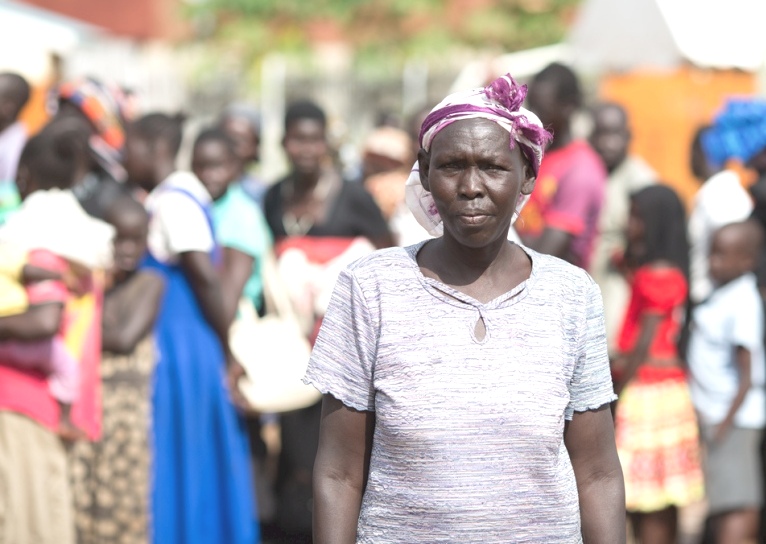 Around 13 pc of refugees participate in agricultural (or livestock) associations, 14 pc in savings groups and 9 pc in women’s associations.
Around 13 pc of refugees participate in agricultural (or livestock) associations, 14 pc in savings groups and 9 pc in women’s associations.
October 3—The Uganda government relatively liberal policy on refugees is paying dividends in terms of creating new employment for locals.
Uganda is one of the largest refugee-hosting nations in the world, with about a million living in the country after fleeing instability in such countries as South Sudan, Somalia, the Democratic Republic of Congo and Burundi.
According to the 2018 Uganda Refugee and Host Communities Household Survey published in midweek, one in five employees of refugee enterprises were Ugandan nationals. This shows how the entrepreneurial skills of refugees can benefit hosts. The main objective of the report is to inform policy and programming for the national refugee and host communities’ response in Uganda.
In a collaboration between the Uganda Bureau of Statistics, the Office of the Prime Minister and the World Bank the new report recommends the need to enhance the income-generating ability of refugees from the very beginning. It was launched by Hilary Onek, whose ministerial docket covers refugees, Anthony Thompson, the World Bank Country Manager and a state minister for Local Government, Jennifer Namuyangu.
The authors see increasing agricultural productivity as key to improving the livelihoods of both the hosts and refugees. Enhancing agricultural productivity may increase the well-being of refugees and hosts and reduce dependency on humanitarian assistance. Both refugees and hosts rely on rain as the main water source, which causes high levels of vulnerability to weather shocks. Investment in water management and irrigation projects in these areas will not only increases self-reliance but can also help reduce the high levels of food insecurity observed.
Three years ago, Alexander Betts, the Professor of Forced Migration and International Affairs at Oxford University said the Uganda government quickly recognized, “With large amounts of unoccupied arable land, it could benefit from allowing refugees the right to work in under-populated rural areas.”
Uganda currently hosts about 1.3 million refugees in 13 districts. The majority are from South Sudan and the Democratic Republic of Congo. Uganda’s refugee policy is renowned for being progressive and generous and is a model to follow for countries facing a similar situation.
The current framework offers many rights including freedom of movement, the right to work, the right to access public social services and access to land. The influx poses significant constraints on service from local governments in hosting areas, underlining the need for additional investments. This is particularly important to make service delivery sustainable in the long run, considering the high involvement of humanitarian organizations.
The report states that increasing off-farm income is also crucial for a sustainable response. Refugees are an untapped source of labor: around 72 pc of refugees are unemployed, compared to 36 pc for hosts. Moreover, nine out of 10 refugees have never participated in a skills and job training program. This calls for innovative solutions including skills formation and training, cooperative initiatives, and promoting the demand for labor supply in non-agricultural activities.
Skills formation and training of unemployed refugees should consider their characteristics in terms of education, occupational background, and access to land. Program or policies with the aim of activating them into the labour market should consider that unemployed refugees are young (average of 25 years old), have low levels of education (70 pc of them) have no formal education or have some years of primary education but did not finish), and that the large majority used to work in agriculture (45 pc) and services and sales (22.7 pc).
Investing in access to basic services in host communities will contribute to their development and peaceful coexistence of both populations. The service delivery demands to local governments in hosting areas evidence the need for additional investments. This is particularly important to make this service delivery sustainable in the long run, considering the high involvement of humanitarian organizations.
Social groups and associations represent a tool in implementing refugee programs and initiatives, outside Kampala. Around 13 pc of refugees participate in agricultural (or livestock) associations, 14% in savings groups and 9% in women’s associations. These associations can play an important role in implementing refugee programs and can promote the socio-economic integration of refugees into their host communities.

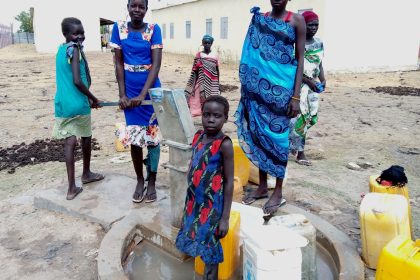 Unpacking results-based financing: balancing strengths with weaknesses
Unpacking results-based financing: balancing strengths with weaknesses
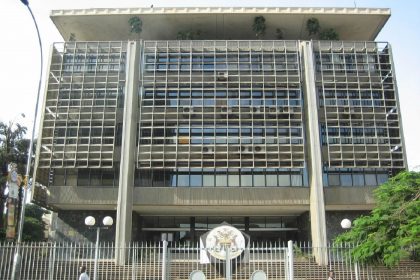 Mergers and degradations predicted as Uganda lenders move to comply with higher capital thresholds
Mergers and degradations predicted as Uganda lenders move to comply with higher capital thresholds
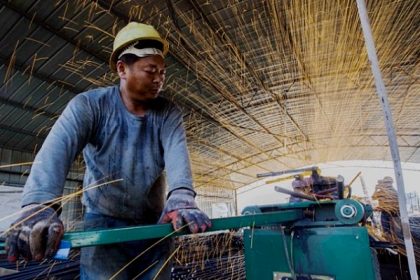 Regional tentative policy to govern cross-border labour gets approval
Regional tentative policy to govern cross-border labour gets approval
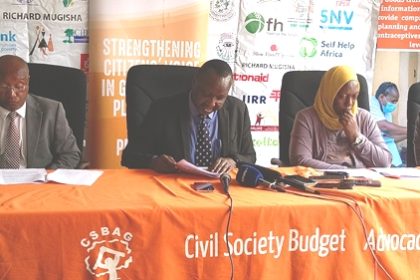 Uganda on edge of debt distress, needs 35 years to settle domestic arrears
Uganda on edge of debt distress, needs 35 years to settle domestic arrears
 Uganda raises purity standards for tin exports
Uganda raises purity standards for tin exports
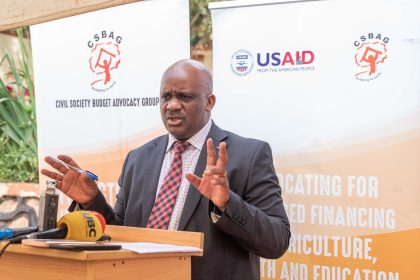 CSBAG warns fiscal indiscipline and runaway graft a threat to Uganda’s economic recovery
CSBAG warns fiscal indiscipline and runaway graft a threat to Uganda’s economic recovery
